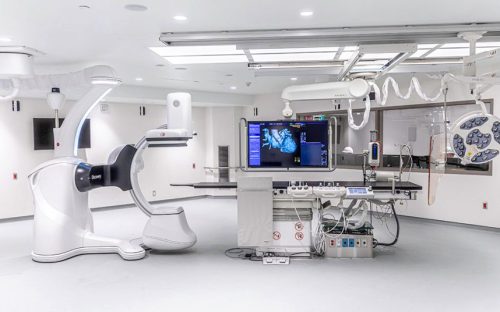
A breakthrough in controlling cancer cell growth that could pave the way for new therapies, has been identified by Brock University researchers. They have discovered a mechanism in the Notch receptor pathway that can be manipulated to suppress uncontrolled cell proliferation, offering promising avenues to slow or stop the spread of cancer.
Using optogenetics, the team engineered a light activated version of the Notch receptor. When triggered with blue light, the receptor is released from the cell membrane and moves to the nucleus, activating downstream genes. Notch signaling is particularly active in cancers such as human T-cell lymphoblastic leukemia, where blocking the pathway can stop cells from multiplying.
This precision approach revealed key drivers of cell growth, including the MYC proto-oncogene, highlighting potential targets for future therapies. The next step is to study Notch self-assembly in breast cancer and explore how it interacts with other cell signaling pathways.
For more information, visit Brock University.


